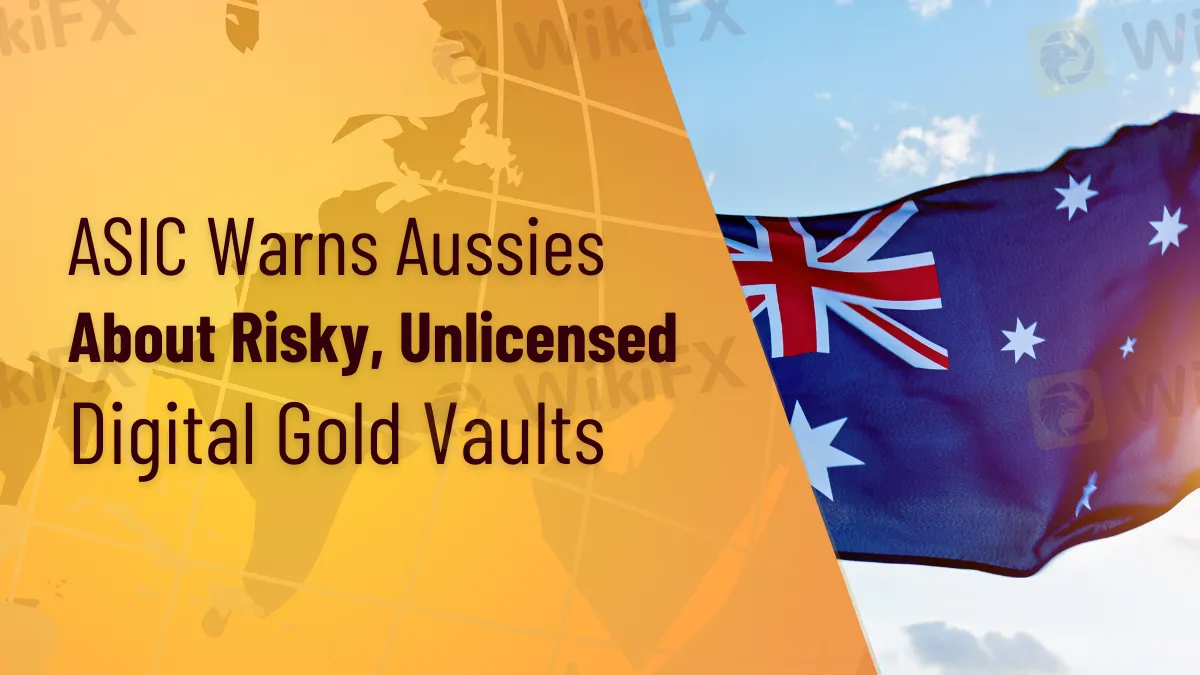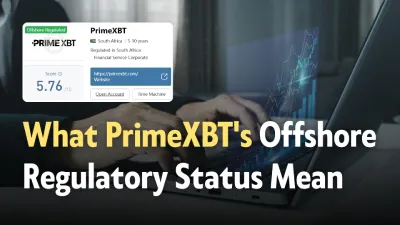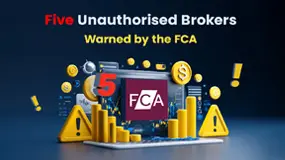简体中文
繁體中文
English
Pусский
日本語
ภาษาไทย
Tiếng Việt
Bahasa Indonesia
Español
हिन्दी
Filippiiniläinen
Français
Deutsch
Português
Türkçe
한국어
العربية
ASIC Warns Aussies About Risky, Unlicensed Digital Gold Vaults
Abstract:ASIC warns Australians about the risks of unlicensed digital gold vaults, highlighting potential scams and the difficulties of verifying and recovering investments.

The Australian Securities and Investments Commission (ASIC) has issued a harsh warning to Australians about the growing hazards linked with unregulated digital gold vaults. These dangerous investment schemes are gaining popularity, tempting customers with promises of passive income and high returns but are laden with risks.
Emerging Risks with Unlicensed Entities
ASIC has discovered a rising trend involving unregistered businesses offering fraudulent investment possibilities in digital gold vaults. These companies often market their offerings to trusted personal networks, such as family and friends, using internet platforms such as Instagram and Facebook. They portray their schemes as profitable, with the prospect of passive income merely by attracting new investors.
In these schemes, customers are urged to acquire the privilege of using a digital gold vault for a specific amount of time. The concept is that additional investors will use this vault to store virtual gold, earning profits for the original investment. However, these refunds may not be as safe or authentic as they look.
Problems with Verification and Recourse
ASIC expressed concern about the difficulties in validating these digital gold vaults. Frequently, the corporations underlying these investments are domiciled abroad, making it difficult for Australian investors to obtain redress in the event of a disagreement. These investment plans' terms and conditions might also be convoluted, making any efforts to address difficulties much more difficult.

Furthermore, these assets may be organized in ways that hide their genuine nature. For example, some digital gold investments include tokens or units that are said to be backed by actual gold bullion housed in professional vaults. Others might be listed on stock markets as exchange-traded products (ETPs). The Corporations Act 2001's regulatory structure implies that such investments may be considered 'financial products' or even managed investment schemes, requiring particular license or registration.
Potential for Fraudulent Schemes
ASIC cautions that some of these digital gold vault schemes may be fraudulent, with returns financed by new investors rather than real revenues. This structure may imply a Ponzi scheme, in which rewards are paid from new investors' contributions rather than legitimate investment gains.
Furthermore, some unlicensed businesses provide additional goods like as debit cards connected to these investments, allowing for worldwide cash withdrawals and transactions. These products may also be categorized as non-cash payment facilities under the Corporations Act 2001, requiring issuers to have an Australian Financial Services (AFS) license.
About ASIC
ASIC is Australia's business, market, and financial services regulator. ASIC is in charge of enforcing and regulating corporate and financial services laws to safeguard consumers, investors, and the integrity of the financial markets.
Get the latest updates on digital gold vaults and other investment warnings on the WikiFX news page.

Disclaimer:
The views in this article only represent the author's personal views, and do not constitute investment advice on this platform. This platform does not guarantee the accuracy, completeness and timeliness of the information in the article, and will not be liable for any loss caused by the use of or reliance on the information in the article.
Read more

7 Common Mistakes Made by Indian Forex Traders
Forex trading has become very popular among Indian traders in recent years. Every month, thousands of new traders join this market. But sadly, majority of them lose their hard-earned money because of their common mistakes. Which are these mistakes? Read below.

What Does PrimeXBT's Offshore Regulatory Status Really Mean?
Understanding PrimeXBT's offshore regulatory status, its implications, and what it means for traders looking for transparency and reliability in their investments.

iFourX: So Many Red Flags You Can’t Ignore
Forex trading has become difficult nowadays due to the frequent frauds occurring every day. You can’t blindly trust any broker . They may appear genuine and authorized but end up being scams. That’s why it’s more important to stay aware. To stay alert and informed, you need to know about a particular FX broker called iFourX and recognize its red flags.

Five Unauthorised Brokers Warned by the FCA
UK’s watchdog, the Financial Conduct Authority (FCA), recently issued a fraud alert against brokers who are operating without a license but still offering financial services. The FCA has identified these scam brokers and is warning the public not to engage with them. Check out the names of those brokers below.
WikiFX Broker
Latest News
Top Wall Street analysts recommend these dividend stocks for regular income
Stock futures rise as U.S.-EU trade deal kicks off a hectic week for markets: Live updates
Thailand-Cambodia War Pressures Thai Baht in Forex Market
Treasury yields tick lower as investors look ahead to Fed's interest rate decision
European stocks set to rise after the U.S. and EU strike trade agreement
Samsung Electronics signs $16.5 billion chip-supply contract; shares rise
Does XS.com Hold Leading Forex Regulatory Licenses?
Elon Musk confirms Tesla has signed a $16.5 billion chip contract with Samsung Electronics
Chile Bumps Up Copper Price Forecast and Flags Lagging Collahuasi Output
A breakthrough and a burden? What the U.S.-EU trade deal means for the auto sector
Currency Calculator


